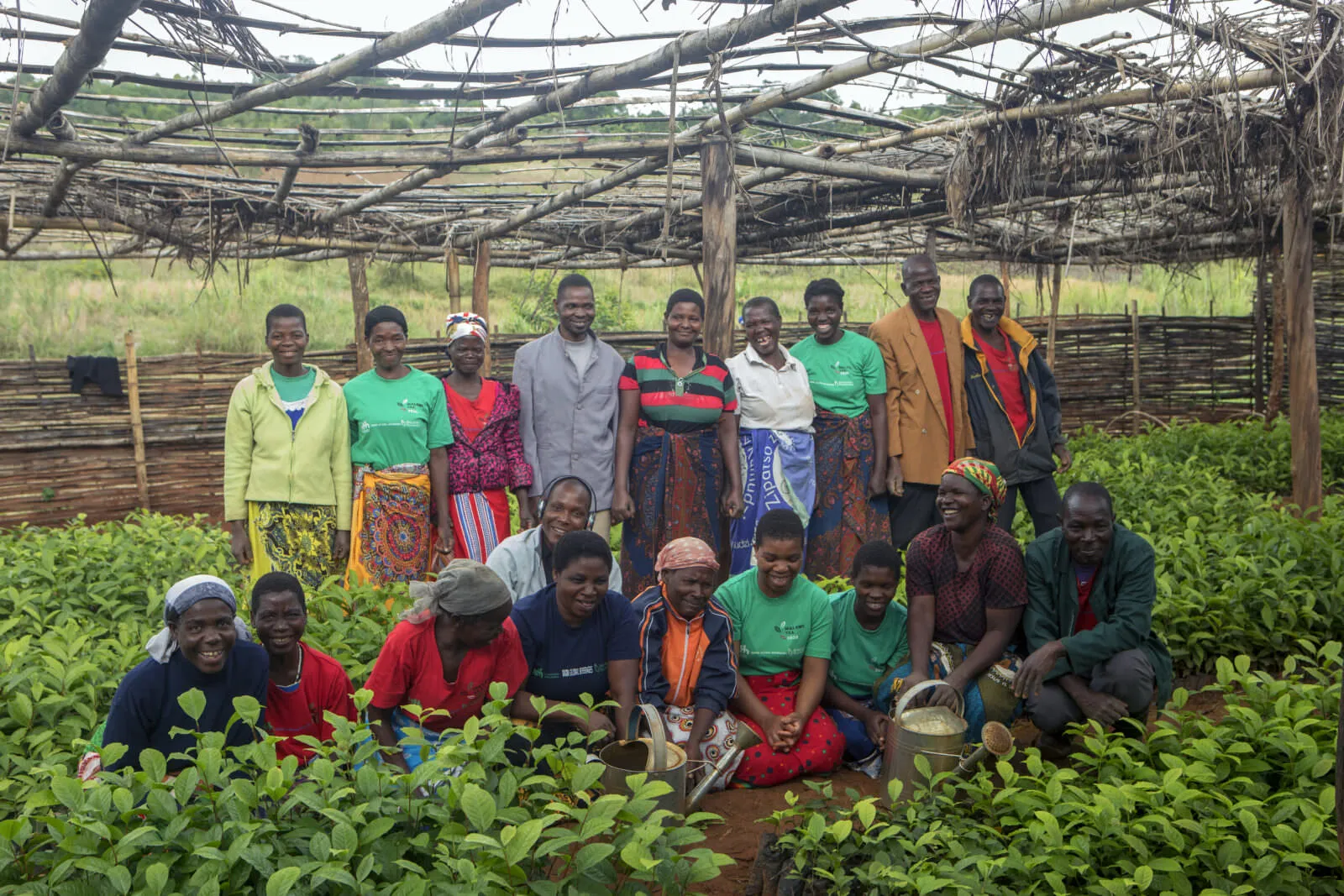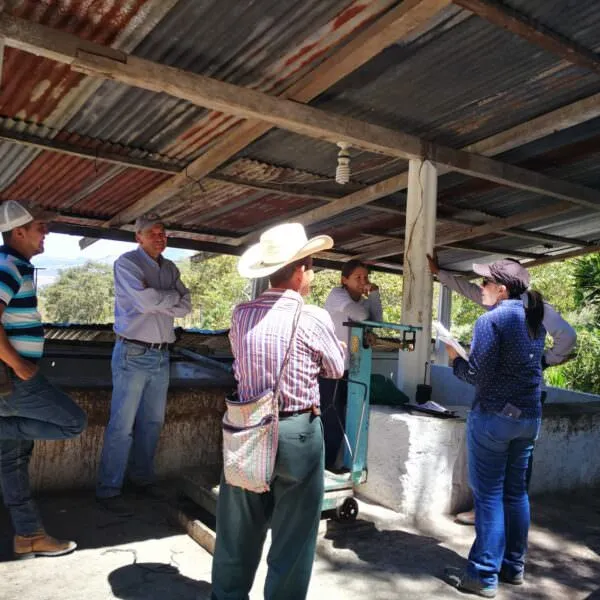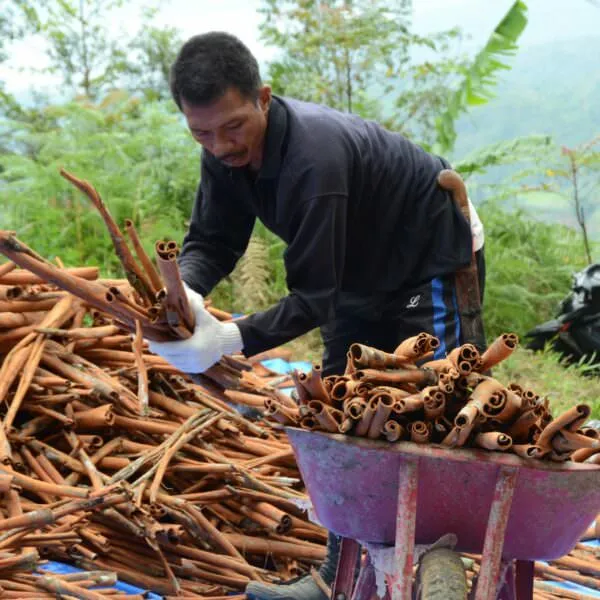Rainforest Alliance certification offers many benefits to your farm and to you as a farmer. The methods prescribed in our agriculture standard can help you maximize your farm’s healthy productivity and improve the quality of your crop. Through our training tools, we provide support and guidance to help farmers adapt to climate change. Together, we can help you and your farm cultivate a better future.
The Rainforest Alliance certification program directly benefits more than two million farmers in 60 countries around the world. We have more than 30 years of experience and on-the-ground expertise. Our wide range of agricultural expertise and strong local partnerships have earned us a strong reputation as a trusted agricultural certification program.
To earn Rainforest Alliance certification, farms are audited against our Sustainable Agriculture Standard. This Standard sets out comprehensive environmental, social, and economic guidelines and is rooted in the following four sustainability principles.
1. Effective planning and management systems
We know that productive and sustainable farms depend on careful management. Rainforest Alliance certification includes access to our integrated farm planning and management tools. These tools help with everything from assessing your energy and water use to guidance on choosing crop percentage and hiring seasonal workers.
2. Biodiversity conservation
Independent scientific studies show that Rainforest Alliance certification supports ecosystem health. Our standard includes methods to protect natural ecosystems, prevent deforestation, maintain wildlife corridors and protect endangered species, conserve water and protect local waterways, and safeguard nearby protected areas.
Our standard also includes measures to protect local wildlife by prohibiting hunting (exceptions are made for traditional Indigenous practices), guarding against the spread of invasive species, and minimizing human-wildlife conflict.
3. Natural resource conservation
Conserving natural resources helps increase your farm’s ability to respond to climate change. Implementing our standard helps farms minimize soil erosion and compaction, improve soil fertility, treat wastewater, conserve water and energy, manage solid waste, and use integrated pest management techniques to reduce the use of pesticides.
4. Improved livelihoods
Farms work best when they are good neighbors and good employers. The Rainforest Alliance’s Sustainable Agriculture standard requires farms to protect the health and well-being of workers and surrounding communities through the following criteria: workers must be at least fifteen years old; they must be paid at least the legal minimum wage and overtime rates of the country where the farm is located; and workers must have access to safe drinking water, healthcare, and education. Respect for community rights, including the rights of Indigenous peoples, is a core value of Rainforest Alliance certification.



